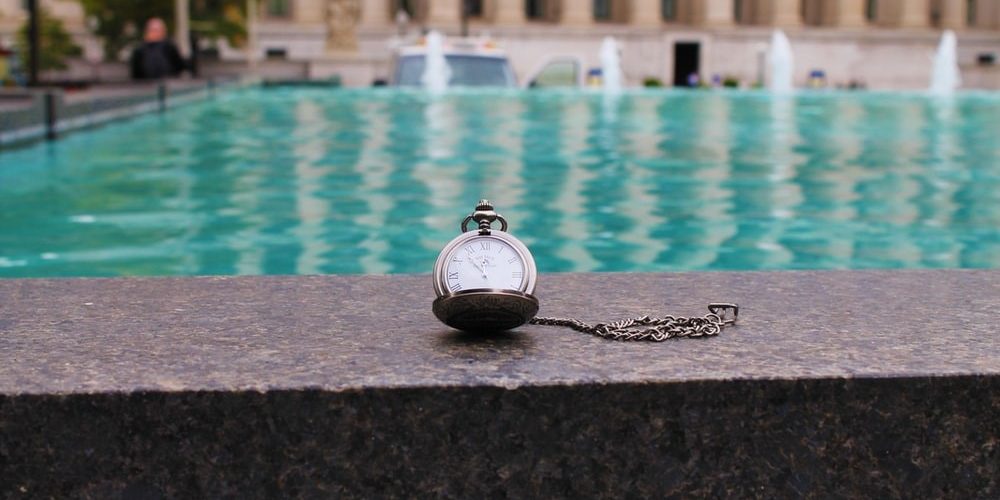I see travelling as about making the most of every moment and I have some tips I’d like to share based on how to optimize your trip in France or Europe and have the best possible experience. I am talking about not missing any events that might be happening during your trip.
• Plan the season to maximize the hit rate and to see great events
• Be a blank slate, so truly embrace being a carte blanche
• Buck the trends, and take local advice
• So how would I suggest you proceed?
For more information, do not hesitate to contact us, we will advise you the best we can for your next trip to France.
Now while I am writing this to not encourage any particular season, there are certainly times of the year to do certain things. I want to mention that in the summer in France has the highest number of village festivals, and cultural events, YET the cities are completely empty of listings or activities at that time. The heart of winter (near to Christmas) is also a moment with a number of great quality festivals, but they are shorter and often less renowned. As you know, the weather in France is generally warm and clear between may until October, especially in the south. The monuments and ‘touristy spots’ are quieter outside school holidays.
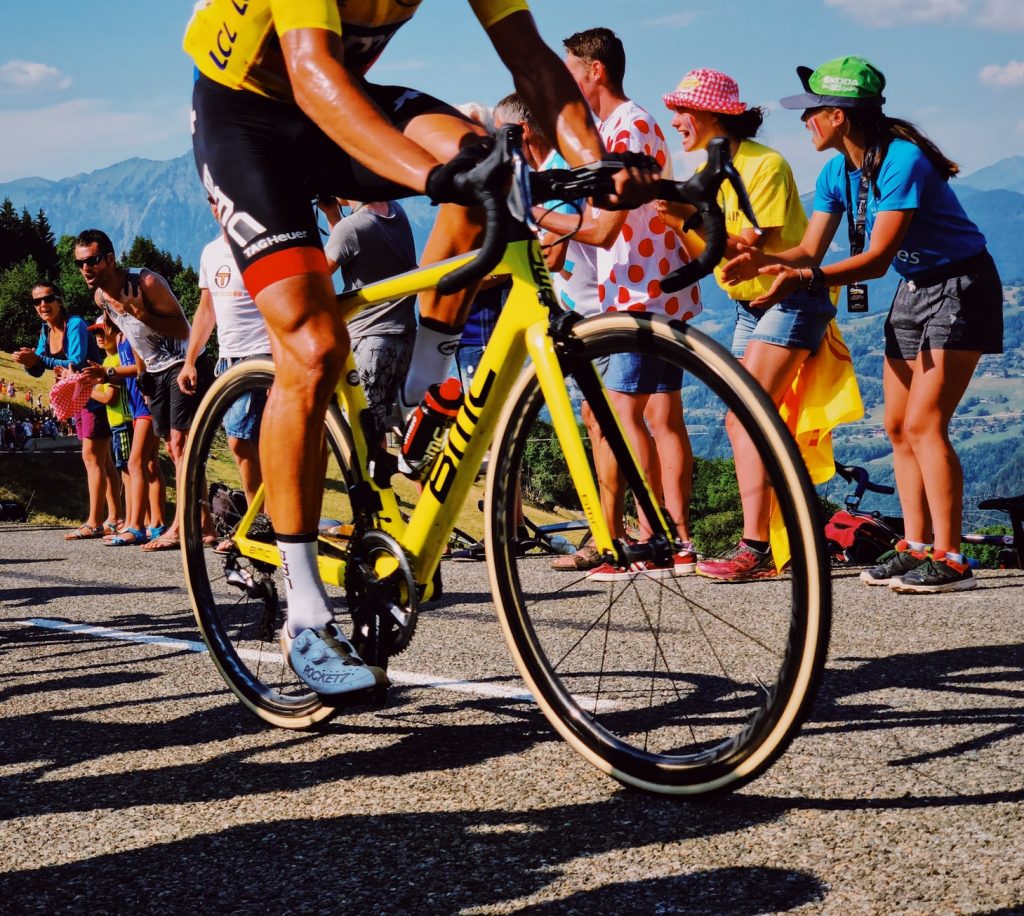
Summer is probably the best moment to explore rural France, with a few notable exceptions. Some areas are highly aware that they have a guaranteed summer flux of visitors and so they program the odd event outside of this epoch; the case in point would be film festivals in Cannes, or Deauville, or the Comic book festival in Angouleme.
You should also note that the French school holiday date system is a rotating system and it is important to avoid some places on certain dates. We have these things called ‘black days’ in France, (for days of back and forth transport) that are absolute headaches on the roads and train in France. 1st of August, and 15th July are some of the worst. Take note that the tour de France is an amazing event, but it can upset your travel plans too. We receive the route each October and plan how to avoid getting caught in the way, or to go and visit it!
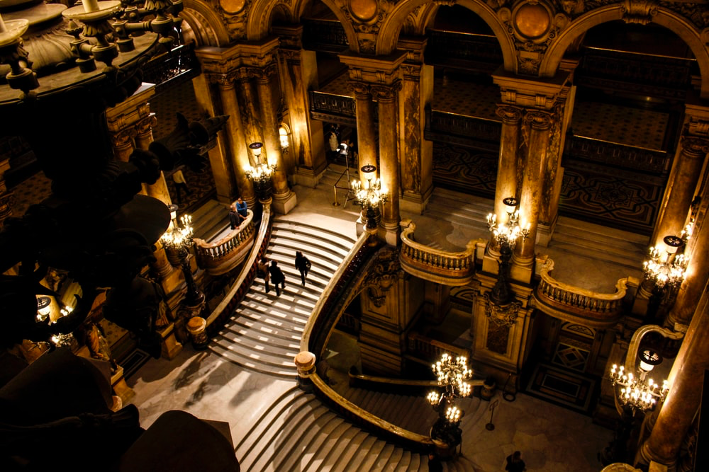
Some events are busy and are booked out months in advance. An example would be the Theatre festival each July in Avignon. I encourage (even English speakers) to go to this festival, but to perhaps choose lodgings outside the city walls, or book early!
Another factor that can never hurt, is to take into account that most events are during the weekends, so the weekdays should be used for your flights if at all possible. The exception is during July and August when there is a plethora of events. It is common in even a backwoods area of France to see a cultural agenda of social events packed between around the 7th of July and the 20th of August.
However, as I mentioned above, if culture was on your books, then the big cities have a boom of events (opera, dance, theatre etc.) from September until May/June. After then, it is two calm months during summer. The Palais Garnier can be visited, but you will struggle to see a show before late September.
There are some places that are beautiful at certain moments; and the moment could be very fleeting (an extreme example, is say an insta-friendly sunset through a key hole arch). In France the Lavender fields are prized for this. Well we know lavender fields (higher altitude, less well known) that are not in front of the Gordes abbey, and bloom much much later in July, in effect prolonging this visiting season.
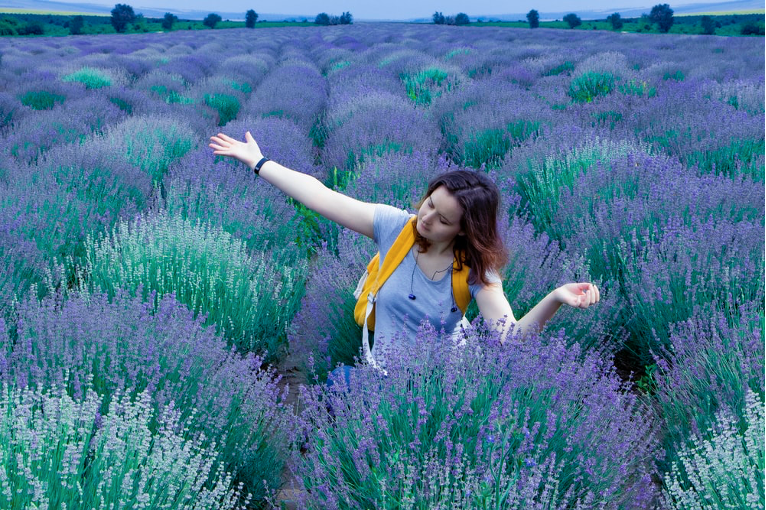
If you want to know more on when to go to France, check out this article on “What is the best season to travel in France?”
I strongly believe that the best part about travel planning is being flexible, to allow in so many new and enriching experiences. That’s kind of the point right? Therefore, at the beginning of your planning process, if you were to indicate that you wanted to see the exceptional market of Uzès in the South of France, but your itinerary did not allow it, I would suggest a replacement, a couple of days later that was as good, or even better (think local artisans, wooden handmade crafts, jewelry, local scarves, organic pastries). These food or artisan Markets are often only once a week, and of course it is a shame to arrive in a village that is hyped for its market and find the council staff cleaning up goods from a freshly finished market.
The fact of the matter is that you can be sure that on the same day in another nearby town there is a market that is as exciting as the one you aimed for. There are approximately 10,683 markets per week in France, so there is plenty to see!
What about medieval festivals? There are some exceptional annual or biannual festivals that have a great reputation (and should be seen once in your life). I am thinking of the Provins festival just outside Paris in June off the top of my head. Well in case your dates did not align, there are eight medieval (!) festivals in France a week later. At least one of these could fit in to your itinerary, and a vulture could be eating off your plate armored chest before you know it.
Oh yeah, and let’s say you will miss out on that weekend Antique market in Provence (Ile sur la Sorgue), but you can potentially catch one a week later in Paris or Saint Ouen. It’s more convenient for shipping home too!
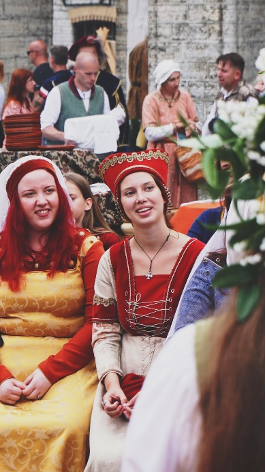
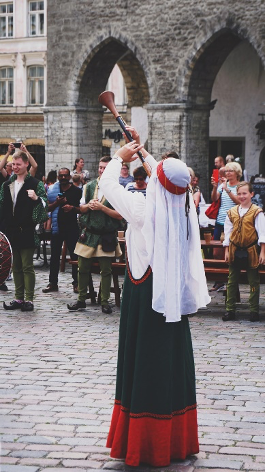
Locals in France (and our team here at Trip-My-France is very French) do manage to avoid lots of touristy spots by getting local information that is up to date, and published locally. It is also a way to sometimes see the ‘second best’ of something, that is actually the best. One example would be seeing the ‘second tier’ of castles surrounding Paris. I base this on my personal experience of Fontainebleau, Chateau de Chantilly, Chateau de Vincennes as being excellent second choices (that are all open on the day that Versailles is closed). Above all, they are without queues.
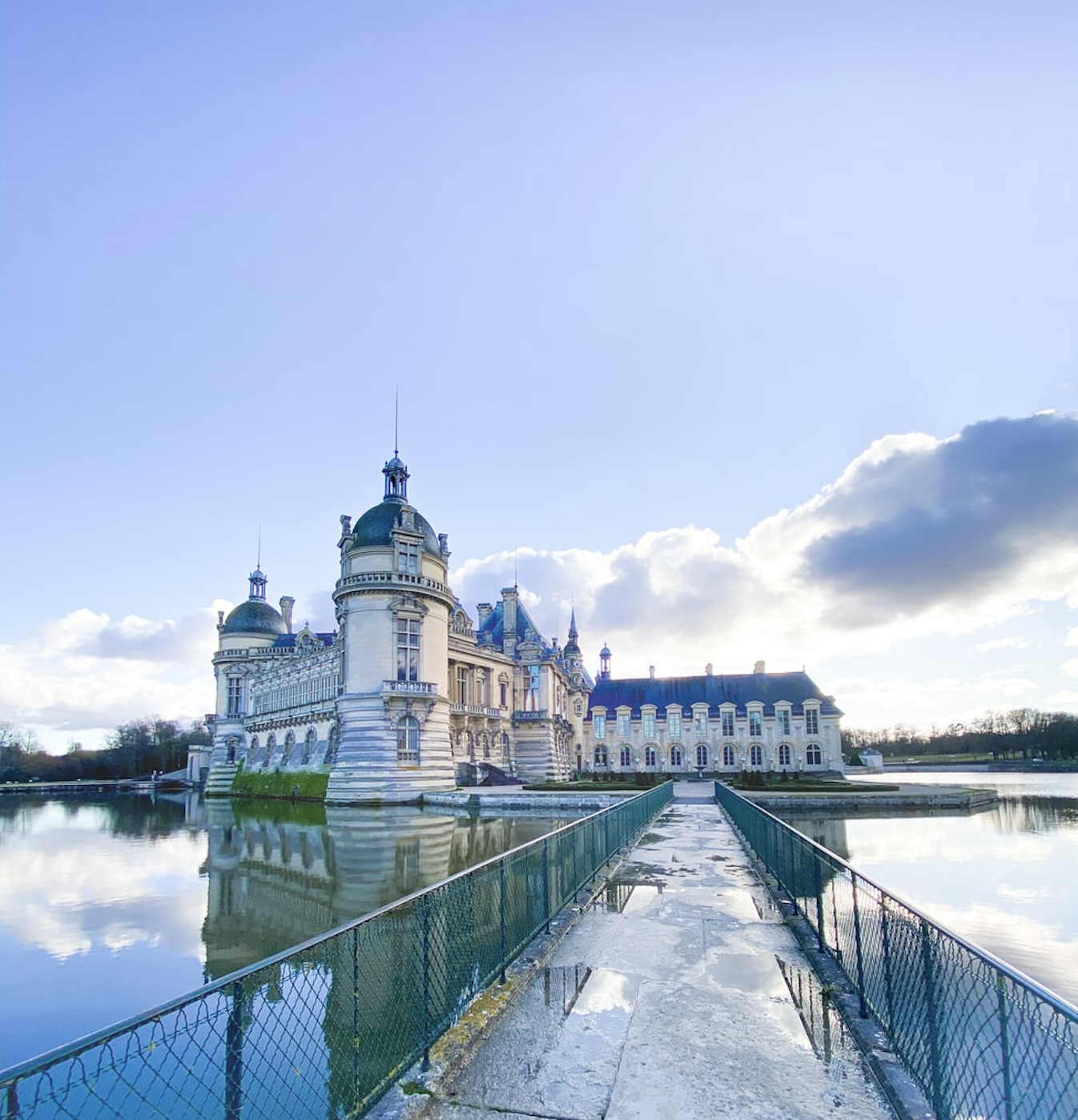
Well as the above paragraphs have shown, there are a number of reasons why using a travel planner can help optimize your vacation time in France. It all happens during the planning stage. If you choose to have a tailor-made trip with us, I love if you can share as many of your interests and wishes as possible, as your travel designer will be able to try and ‘hit’ as many as possible. We truly do spend 30-40 minutes on the phone noting down things like ‘foodie’, ‘vintage textile fan’, ‘instagram lover’, ‘Pinot noir over Chardonnay’.
These are all then distilled into making your trip. If it is possible, the best thing to do would be to fix one date, based on the key event. After that event is placed in the itinerary we will do our best to slot the other activities in. We know how to place market tours, and antique tours, then have you in your dream location for the opportune moment (we do know that some French village restaurants are closed on Mondays and this could disappoint you). We know these things, and are good at planning for it. I use a sunset calculator to determine the best time to visit the summit of the Eiffel Tower, and I take note of the busy-ness at particular times of the day. A fully optimized trip has to make the most of each day, not have you shouldering others to get a distant glimpse of a Rodin.
We know some tips and tricks regarding transport too, that help you avoid continually coming back to Paris or backtracking. In a good year, there are a number of small airlines flying interesting routes between regional centres, and some even go overseas. I am a fan of the international air route Dinard – Midlands for Brits returning home.
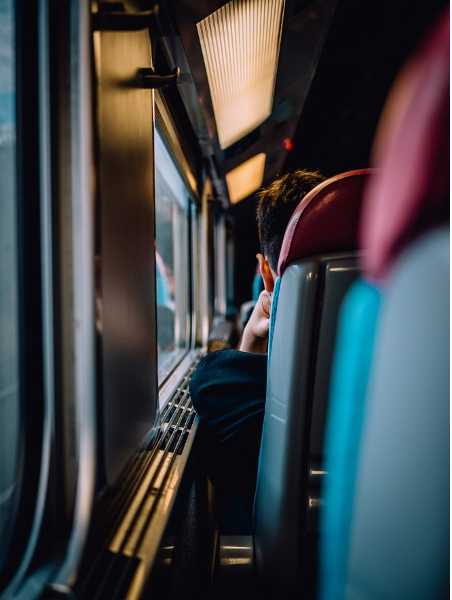
The examples above show the complexity of travel planning and the need for it to be done well. I hope that this article has convinced you (or started to) that for a great vacation, it needs to be done properly with your trust put into a travel planner and that we are good at what we do. The joy of working on a tailor-made vacation is that we take simple wishes and create a seamless experience despite the complexities on the ground.
I hope you will see our offers, and contact us by email for special offers, adapted Covid-19 cancellation terms and detailed recommendations.


